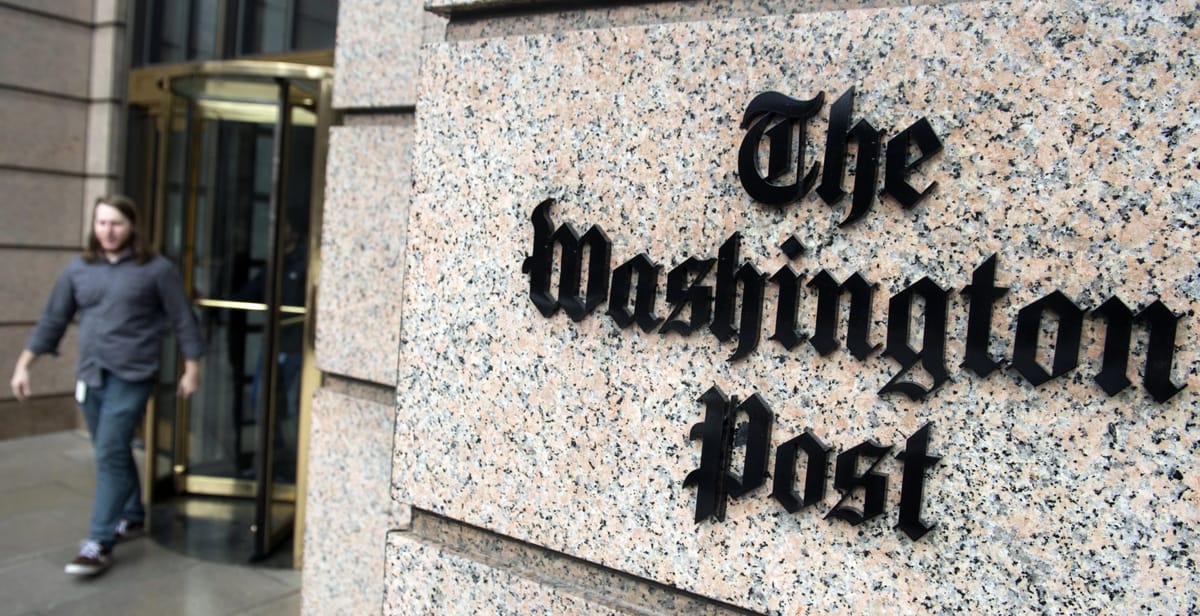
OpenAI and The Washington Post have inked a licensing agreement that will allow ChatGPT to serve up verified reporting from the nearly 150-year-old newspaper in response to user queries. Under the deal, ChatGPT will show summaries, quotes, and direct links to the Post’s articles—covering everything from politics and global affairs to tech and business—alongside clear attribution.
Key Points:
- OpenAI will feature Washington Post content—including summaries, quotes, and links—in ChatGPT.
- The deal includes attribution and links back to the Post’s full articles.
- It’s part of a broader push by OpenAI to license journalism from over 160 outlets.
- The Post says it remains “LLM-agnostic” while building its own AI tools.
The move aligns with OpenAI’s strategy to shore up its products with licensed, reputable content while fending off legal pressure from publishers who argue the company scraped their intellectual property without permission. It also offers a counter-narrative to lawsuits from The New York Times, The Chicago Tribune, and others that accuse OpenAI and Microsoft of copyright infringement for training AI models on unlicensed news content.
“We’re all in on meeting our audiences where they are,” said Peter Elkins-Williams, head of global partnerships at the Washington Post. “Ensuring ChatGPT users have our impactful reporting at their fingertips builds on our commitment to provide access where, how and when our audiences want it.”
Varun Shetty, who leads media partnerships at OpenAI, said the deal ensures users get “timely, trustworthy information,” adding that ChatGPT serves over 500 million people weekly.
This is the latest in a string of more than 20 content deals OpenAI has signed with publishers, including News Corp, Axel Springer, Condé Nast, Time, Vox Media, and the Financial Times. The company has said these partnerships now span over 160 publications in more than 20 languages.
For the Post, this isn’t its first foray into AI integration. Over the past year, the paper launched a suite of generative AI tools such as Ask The Post AI and Climate Answers, as well as internal newsroom tools like Haystacker. Despite its OpenAI deal, the Post emphasized it remains “LLM-agnostic,” suggesting it’s hedging its bets across multiple AI ecosystems.
The financial terms of the deal weren’t disclosed, and neither company addressed whether Post content might be used to train OpenAI’s models in the future. But the emphasis on attribution and linking indicates a licensing model aimed at balancing AI distribution with publisher control—a line OpenAI continues to walk carefully as it seeks to grow ChatGPT while staying out of court.
As generative AI continues to blur the lines between platforms and publishers, partnerships like this will shape how trusted news gets discovered—and who profits from it.
